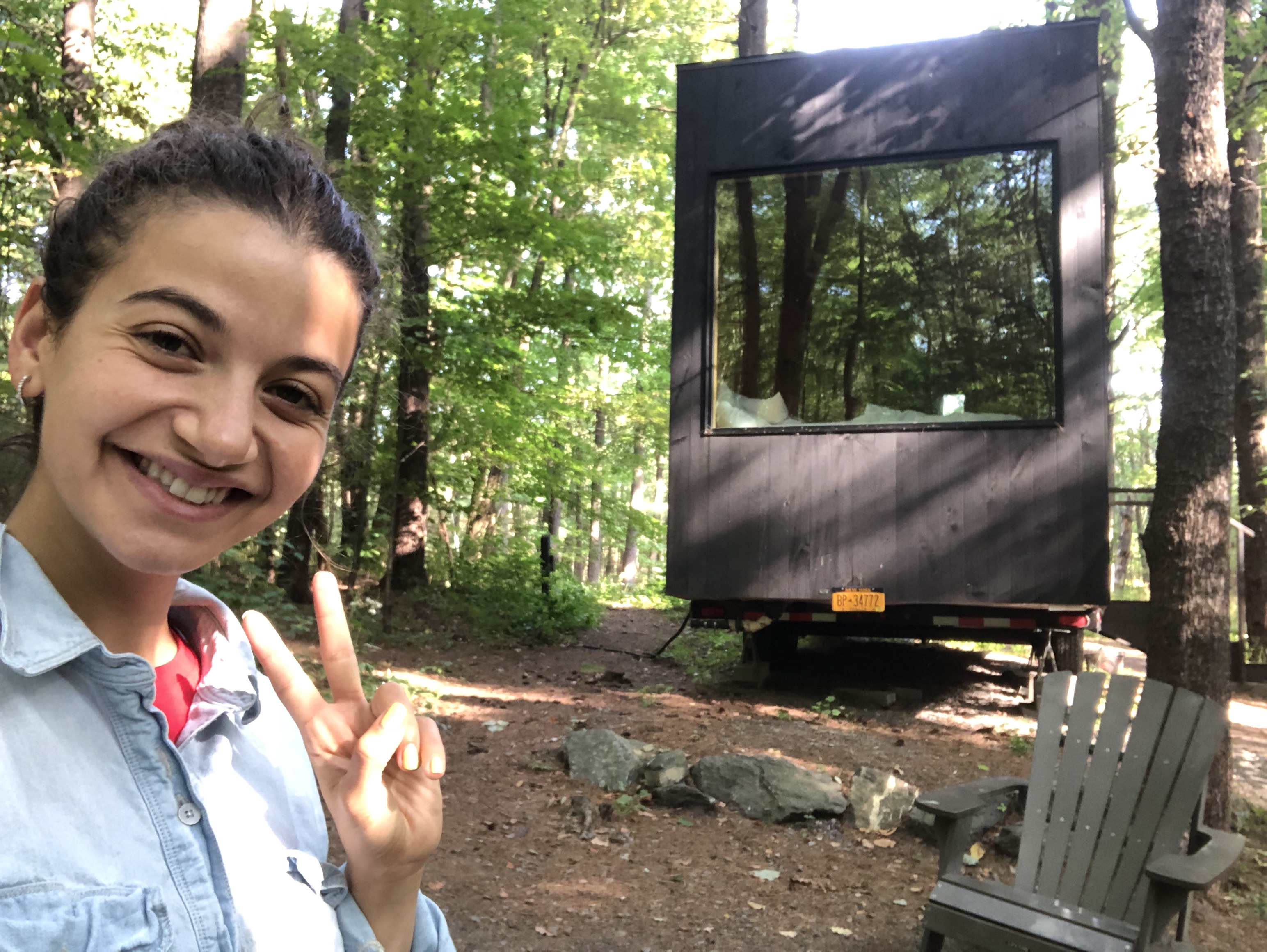I don’t spend much time by myself these days. I work in an open office, live in a 600-square foot one-bedroom with my fiance, and call one of the busiest cities in the world home. I get a lot of pleasure from these aspects of my life: My co-workers are collaborative, and Brian is the best roommate I’ve ever had. Still, I find myself craving peace and quiet every now and then — and while the feeling is often there, I don’t consistently make time or figure out ways to satiate my need for alone time.
This is a shame, considering deliberate solitude is linked to positive outcomes, like creativity and feelings of freedom. In her popular book, Quiet: The Power of Introverts in a World That Can’t Stop Talking, Susan Cain wrote that “solitude can be a catalyst for innovation,” and a 2018 paper published in the Journal of Happiness Studies details the importance of solitude in interpersonal relationships. Developing comfort with solitude may also help ward off feelings of loneliness, which, when left unmanaged, can lead to poor sleep quality, depression, and even premature death.
Many people conflate solitude with loneliness, but the two are not the same thing. In Walden, the famous book where he details the experience of living alone in a cabin near Walden Pond, Henry David Thoreau wrote, “I have a great deal of company in my house; especially in the morning, when nobody calls.” Eager to experience this sensation myself, I drove to Catskill, New York, to spend 24 hours in a Getaway cabin. Watch the full video (above) to see what I learned.


